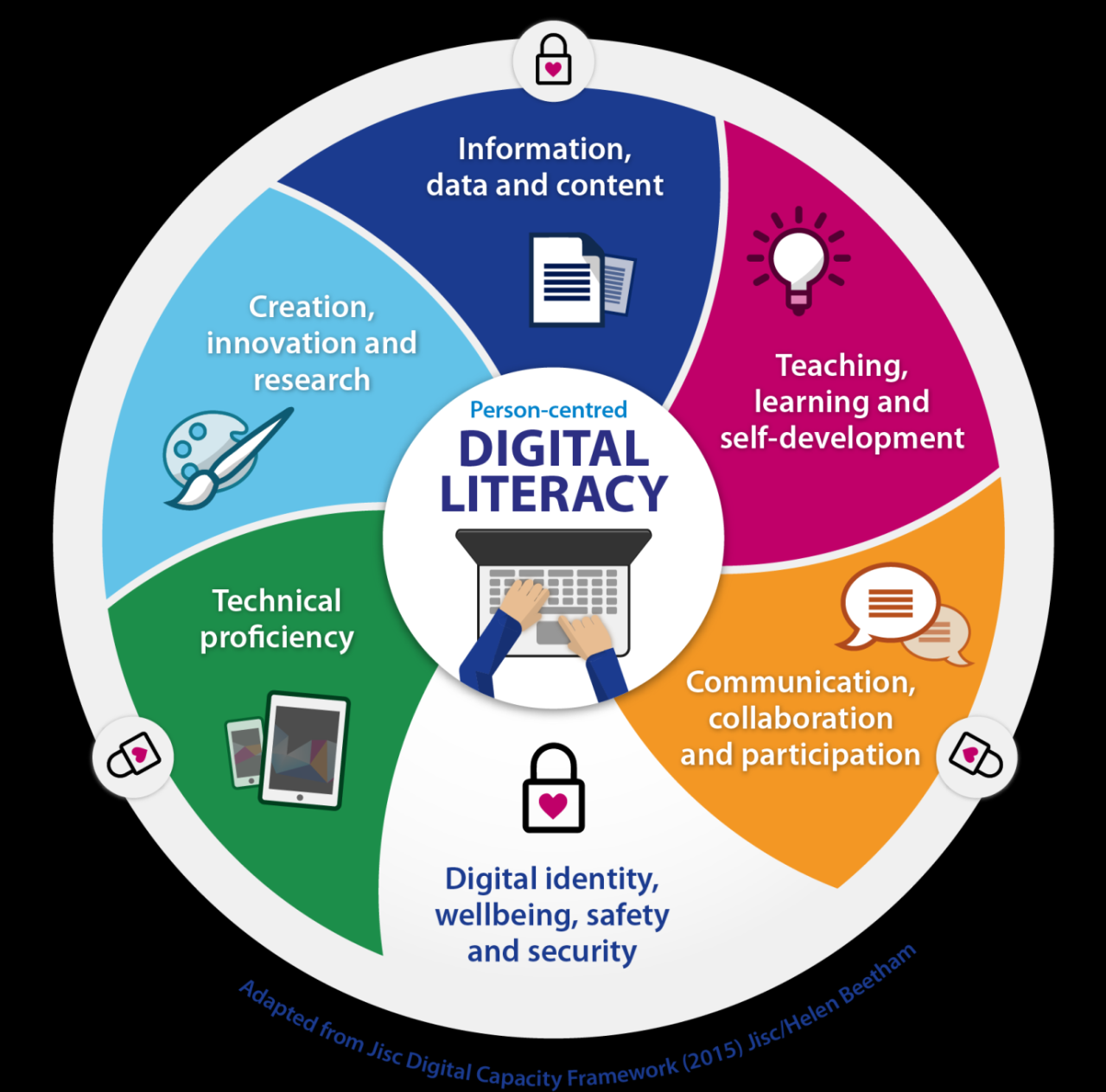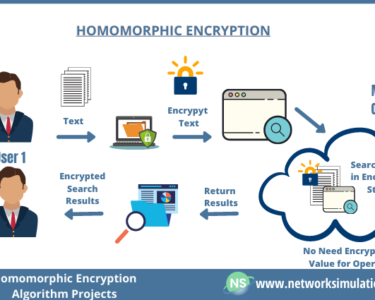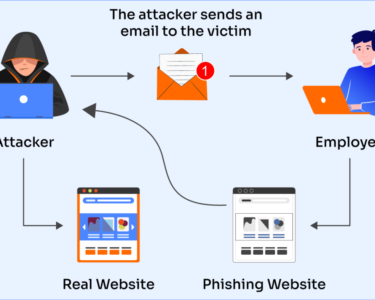
Importance of Digital Literacy in Security
In an increasingly digital world, digital literacy has become essential for individuals and organizations to stay protected from cyber threats. Digital literacy encompasses the understanding, use, and evaluation of digital technologies, including the ability to access, process, and communicate information in a digital environment.
Protection from Cyberattacks
Cybercriminals exploit digital illiteracy to launch sophisticated attacks targeting individuals and businesses. By understanding how digital technologies work, digitally literate individuals can identify malicious content and avoid falling victim to phishing emails, malicious software, and other online threats.
Stronger Passwords and Authentication
Digital literacy enables individuals to create and manage strong passwords and implement multi-factor authentication measures. This helps prevent unauthorized access to sensitive accounts and systems, reducing the risk of data breaches and financial losses.
Responsible Social Media Usage
Social media platforms are a breeding ground for cybercriminals who use them to spread misinformation, steal personal information, and conduct scams. Digitally literate individuals can navigate these platforms safely, protect their privacy, and contribute to a healthier online environment.
Improved Cybersecurity Awareness
Digital literacy fosters cybersecurity awareness and education. Individuals who understand the risks and best practices can make informed decisions regarding their online behavior, such as avoiding suspicious websites, reporting vulnerabilities, and seeking help when needed.
Security Incident Response
In the event of a security incident, digitally literate individuals can quickly identify the threat, assess the damage, and take appropriate steps to mitigate the situation. They can also communicate effectively with cybersecurity professionals and law enforcement to ensure a prompt and efficient response.
Benefits for Organizations
Digital literacy is not only crucial for individuals but also for organizations. A digitally literate workforce can:
- Identify and mitigate cybersecurity risks more effectively
- Protect sensitive data and customer information
- Enhance compliance with industry regulations
- Improve productivity and innovation through the use of digital tools
- Foster a culture of security awareness
Conclusion
Digital literacy is an indispensable tool for ensuring cybersecurity in the digital age. By equipping individuals and organizations with the knowledge and skills to navigate the online world safely and responsibly, we can minimize the risks of cyberattacks, protect sensitive information, and create a more secure digital environment for all.



